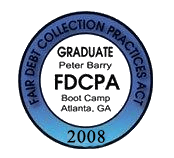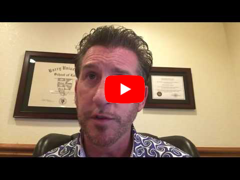by Stephen Vanderpool on November 11, 2013
We all know the feeling of doom that comes with losing something valuable. At some point in your life, you probably will lose a wallet, purse, credit card or debit card. When it happens, you’ll want to be prepared. If it has already happened, read quick and act fast. Here’s what you should do and what will happen if your credit, debit or ATM card is stolen.
Report immediately!
As soon as you notice your card is gone, report the loss to your credit card company. Don’t wait. It’s vital you limit the time a thief or malicious finder has to commit fraud.
Fortunately, the federal government has instituted a number of protections to safeguard consumers against fraudsters and thieves. Credit cards are the most fortified. If you report the loss before the card is used, you will not be held responsible for any nefarious activity. If you don’t report the loss until after fraud is committed, you will pay no more than $50. If your card number is stolen but the physical card remains in your possession, you won’t have to pay a cent.
Debit and ATM cards are a different story. They still come with substantial consumer protections, but there is a tiered repayment cap system that varies based on when you report. It works like this:
| If you report: | Your maximum loss: |
| Before any unauthorized charges are made. | $0 |
| Within 2 business days after you learn about the loss or theft. | $50 |
| More than 2 business days after you learn about the loss or theft, but less than 60 calendar days after your statement is sent to you, | $500 |
| More than 60 calendar days after your statement is sent to you. | All the money taken from your ATM/debit card account, and possibly more; for example, money in accounts linked to your debit account. |
The moral of the story is, report lost cards immediately. Don’t delay.
Replacing the card
Once you report the loss, getting a replacement should be fairly easy. The bank or credit card company will usually send out a replacement immediately. For your protection, they will issue a new account number. Everything else should stay the same. You will keep the same balance and credit history. Lost cards are a common issue for financial institutions, and they aim to make the transition as seamless as possible.
Protect yourself
Whether or not you’ve already fallen victim to credit card fraud, you should always take precautions. Here’s a quick list of easy ways to fend off malicious financial attacks.
- Don’t relay your credit card information or account number over the phone unless you initiated the conversation and know you’re dealing with a reputable company.
- Check your account activity often. The quicker you notice unauthorized activity, the better.
- Keep easily accessible records of account numbers, expiration dates and customer service numbers for fast reporting.
- Keep PINs in your head. Writing them down is dangerous–especially if you intend to carry them around. If you’re worried about forgetting, stash them away in a locked filing cabinet.
- Properly destroy old cards. Cut them into approximately 1 million pieces. Okay, that’s an exaggeration, but you get the idea.
- Make a habit of carrying only the cards you need and use. If your wallet goes missing, you’ll be able to keep some of your accounts safe.
- When you get rid of documents that have your account information, shred them.













